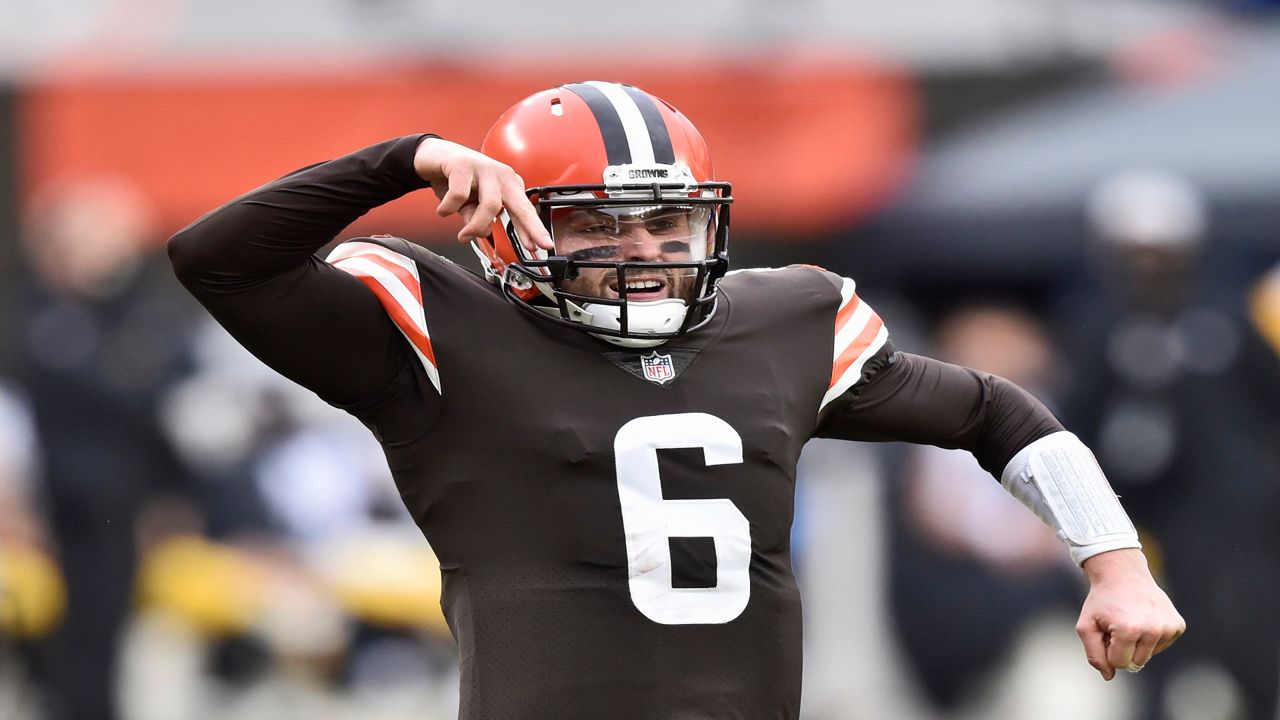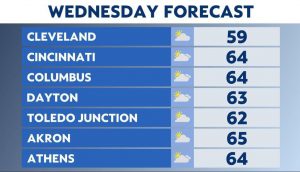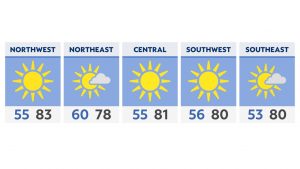Three of the nation’s largest drug distributors and drug manufacturer Johnson & Johnson agreed to a landmark $26 billion settlement that to resolve thousands of lawsuits related to the opioid epidemic, a bipartisan group of state attorneys general announced Wednesday.
Under the agreement, the three distributors – McKesson Corporation, Cardinal Health Inc., and Amerisource Bergen Drug Corporation – collectively will pay up to $21 billion over the next 18 years, while J&J will pay up to $5 billion over nine years, with up to $3.7 billion paid during the first three years.
The settlement was negotiated by attorneys general from New York, California, Colorado, Connecticut, Delaware, Florida, Georgia, Louisiana, Massachusetts, North Carolina, Ohio, Pennsylvania, Tennessee and Texas.
According to a release from New York State Attorney General Letitia James’ office, the lawsuit resolves the claims of “nearly 4,000 entities that have filed lawsuits in federal and state courts against the four companies,” including state and local governments, Native American tribes and others.
“Johnson & Johnson, McKesson, Cardinal Health, and Amerisource Bergen not only helped light the match, but continued to fuel the fire of opioid addiction for more than two decades,” James said in a statement. “Today, we are holding these companies accountable and infusing tens of billions of dollars into communities across the nation, while taking significant steps to hold these companies accountable.”
Per the agreement, according to James, “Johnson & Johnson will stop the sale of opioids nationwide, and McKesson, Cardinal Health, and Amerisource Bergen are finally agreeing to coordinate and share their data with an independent monitor to ensure this wildfire does not continue to spread any further.”
Florida Attorney General Ashley Moody said in a separate statement that while “no amount of money will bring back those lost,” the funds obtained from the settlement will “pay for prevention, treatment and recovery related services.” Moody pledged to “continue litigating with the remaining defendants to hold them accountable.”
“We recognize the opioid crisis is a tremendously complex public health issue, and we have deep sympathy for everyone affected,” Michael Ullmann, executive vice president and general counsel of Johnson & Johnson, wrote in a statement. “This settlement will directly support state and local efforts to make meaningful progress in addressing the opioid crisis in the United States.”
J&J denied any wrongdoing in the company’s production and marketing of opioids, adding that its actions were “appropriate and responsible.”
“While the companies strongly dispute the allegations made in these lawsuits, they believe the proposed settlement agreement and settlement process it establishes are important steps toward achieving broad resolution of governmental opioid claims and delivering meaningful relief to communities across the United States,” the three distributors wrote in a separate statement.
Overdose deaths in the U.S. in 2020 soared to a record 93,000 last year in the midst of the COVID-19 pandemic, the Centers for Disease Control and Prevention (CDC) reported last week, rising nearly 30% over that of the previous year.
“Overdose deaths from synthetic opioids (primarily fentanyl) and psychostimulants such as methamphetamine also increased in 2020 compared to 2019. Cocaine deaths also increased in 2020, as did deaths from natural and semi-synthetic opioids (such as prescription pain medication),” the CDC’s National Center for Health Statistics (NCHS) said in a statement.
The remaining states and territories will have 30 days to review and agree to the deal; local governments will have up to 150 days to join.
Washington state’s Attorney General Bob Ferguson said “the settlement is, to be blunt, not nearly good enough for Washington” and noted he would not join the deal.
According to an Associated Press tally, there have been at least $40 billion in completed or proposed settlements, penalties and fines between governments and the toll of opioids since 2007, not including one between the federal government and OxyContin maker Purdue Pharma in which most of the $8.3 billion would be waived. Purdue is trying to reach a deal through bankruptcy court that could be worth $10 billion over time; a hearing on that plan is scheduled for August.
The Associated Press contributed to this report.




